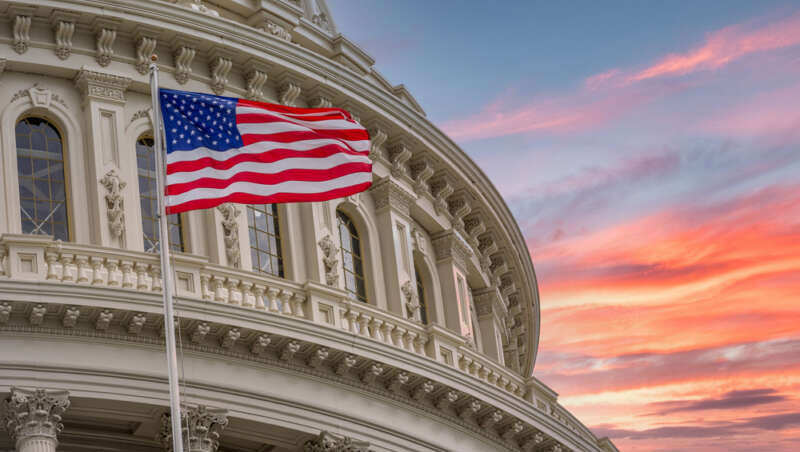
A panel of House lawmakers has decided to toss aside cuts to the National Institute of Standards and Technology (NIST) proposed by the Trump administration, instead raising its budget for the coming fiscal year (FY) by nearly $123 million.
On Tuesday, the House Appropriations Commerce, Justice, Science, and Related Agencies Subcommittee marked up its 2026 appropriations package, which included giving the agency responsible for overseeing standardization and innovation throughout the Federal government a topline total of $1.28 billion.
In its FY2026 budget request, the Trump administration had requested a $325 million cut from enacted 2025 levels to NIST while claiming that number had funded awards “for the development of curricula that advance a radical climate agenda.”
The largest block of funding is $980 million earmarked for scientific and technical research and services – a $237 million increase compared to current funding levels – while nearly $88 million is for the construction of new research facilities.
That funding for NIST’s Scientific and Technical Research and Services program would have received a cut under the White House’s proposal, which sought to cut $125 million from the program including in areas such as cybersecurity and privacy, and physical infrastructure and resilience.
Another area receiving large amounts of funding is nearly $273 million dedicated to “community” projects. These are designated for scientific and technical research projects as directed by lawmakers. Up to $9 million of this may be transferred to the “Working Capital Fund,” according to the bill’s text.
While NIST received some needed funding boosts – the agency has long had a history with underfunding – other agencies received cuts, such as the National Telecommunications and Information Administration (NTIA), which is responsible for overseeing the securing of American telecom networks from foreign threats.
NTIA would receive $47 million, a 20 percent cut from current enacted amounts, falling in line with the Trump administration’s request.
“Over the last several months, our country has charted a course of recovery under President Trump,” said Rep. Hal Rogers, R-Kans., who chairs the subcommittee, in a statement about the markup. “We are right-sizing federal government agencies to ensure Washington D.C. is working on behalf of our citizens, and not against them. And in Congress, we are moving appropriations bills that meet the needs of the American people.”
Other Cyber and Tech-Related Initiatives
The subcommittee’s bill, which covers multiple Federal agencies, included $50 million earmarked for the Department of Justice (DoJ) to use for litigation support contracts and IT projects, such as cybersecurity and the “hardening of critical networks.”
An additional $5 million was designated for IT systems within the DoJ’s National Security Division.
The committee markup also mandated that the departments of Commerce and Justice, the National Science Foundation (NSF), and NASA must adhere to specific procedures when acquiring high-impact of moderate-impact information systems.
Those procedures include reviewing NIST supply chain criteria, considering supply chain risk, conducting a risk assessment of cyber-espionage or sabotage, developing mitigation strategies for identified risks, and consulting with NIST and the FBI that the acquisition is in the national interest of the United States.
The bill also stated that no appropriated funds can be used to carry out the Office of Science and Technology Policy’s 2022 memo that mandated all Federal agencies to update their public access policies.
